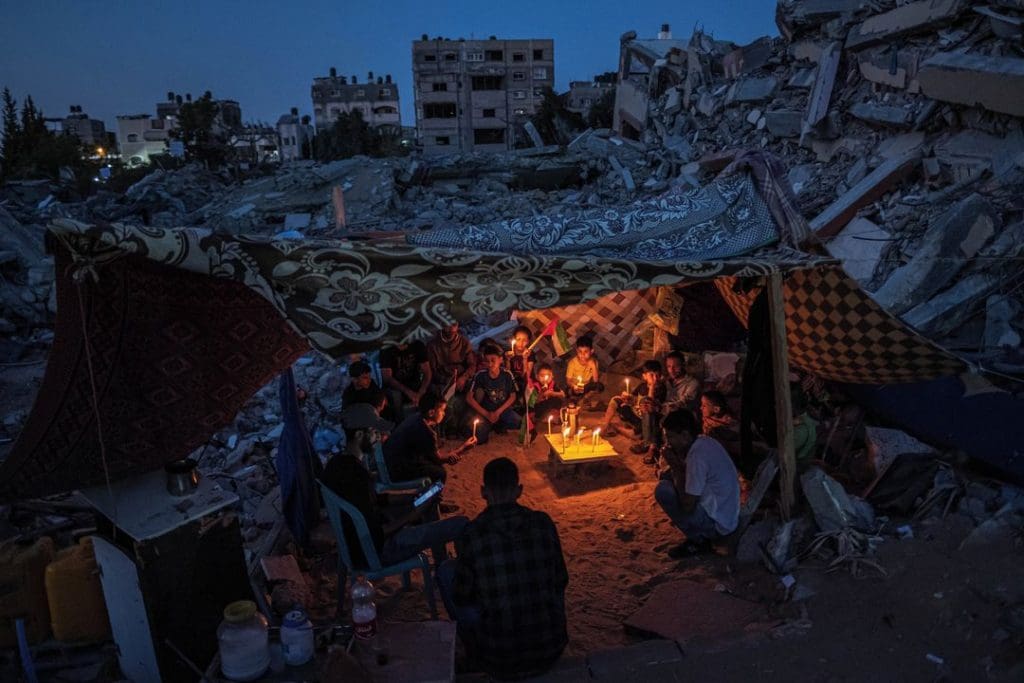
80% of children in the Israel-occupied Gaza strip are mentally distressed after 15 years of blockade by Israel, stated a report published by Save the Children.
Four out of five children in the Gaza Strip suffer from depression, sadness, and fear.
Following up on the earlier research conducted by the organization in 2018, the report titled “trapped” interviewed 488 children ad 168 parents and caregivers in the Gazan strip of Palestine.
Israel’s blockade of Gaza began in 2007. Since then, Gaza has become an open prison with borders cordoned off by Israeli security forces. Heavily restricting economy and travel, the blockade has left Palestinians homeless, unemployed, and traumatized.
Children of Gaza, who make up 47 percent of Gaza’s two million people are the most affected by the siege. 800,000 Gaza children have never known life outside of Gaza.
Majority of the Gazan children are haunted by fear, grief, anxiety, and depression. The report graphed a considerable increase in the number of children who were fearful (84 percent compared with 50 percent in 2018), nervous (80 percent compared with 55 percent), sad or depressed (77 percent compared with 62 percent), and grief-struck (78 percent compared with 55 percent).
The mental health crisis suffered by the children and youth of Gaza due to the blockade is made worse by the lack of access to basic health services.
More than half of Gaza’s children thought about suicide, and three out of five self-harm, the report found.
The health caregivers interviewed reported that children of Gaza suffered from bedwetting(79%), and speech-language-communication difficulties (59%) including temporary relative mutism, a symptom of trauma or abuse.
“The physical evidence of their distress – bedwetting, loss of ability to speak or to complete basic tasks – is shocking and should serve as a wakeup call to the international community,” Jason Lee, Country Director for Save the Children in the occupied Palestinian territories, said.
The caregivers in 2018 reported that if the situation does not change, it would prevent them from providing basic needs to children too who are now left with constant anxiety and sadness.



